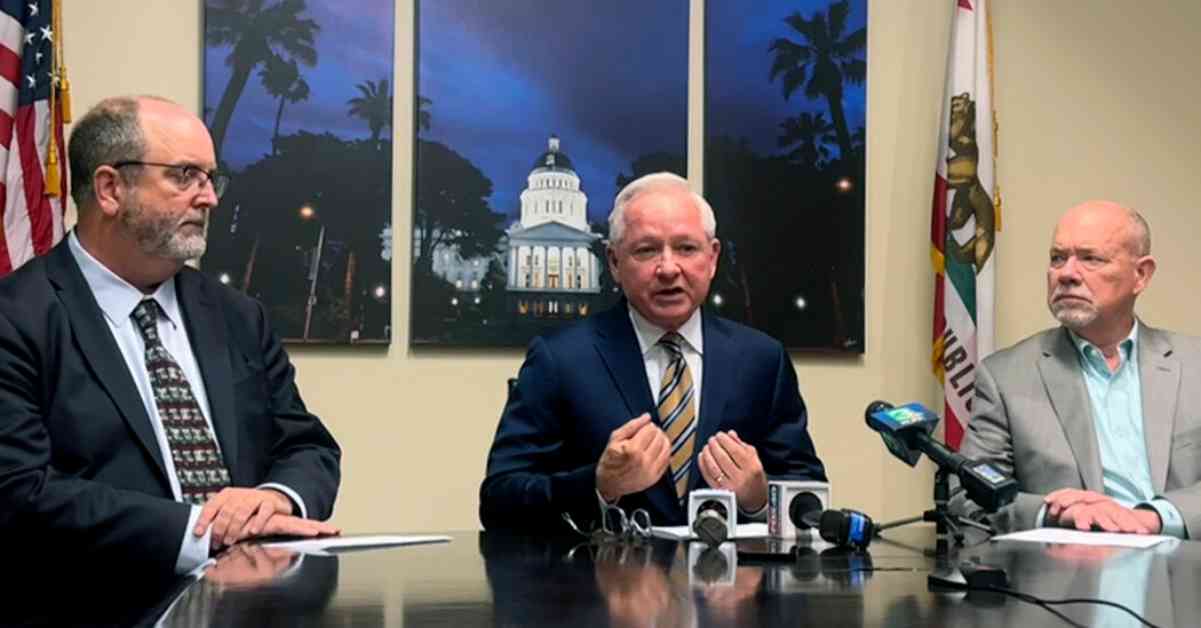Californians were gearing up for a major showdown over the Taxpayer Protection and Government Accountability Act, a significant anti-tax proposal set to be on the November ballot. However, the California Supreme Court made a surprising decision to halt the initiative before voters had a chance to weigh in.
The proposed measure aimed to make it much more challenging to raise taxes and fees in the state, including those imposed by local governments. Proponents argued that it would close loopholes and increase transparency in tax policies. On the other hand, state officials filed a lawsuit claiming that the initiative would unlawfully alter the State Constitution and hinder even minor adjustments in fees, such as library fines.
Currently, state tax increases must meet a higher threshold for approval compared to other legislation, requiring a two-thirds majority in each legislative chamber. However, various fees that support public services can be authorized by state agencies without legislative approval. Moreover, local assessments only need a simple majority from voters or local governing bodies.
The proposed initiative sought to mandate that all state tax hikes be endorsed not only by supermajorities in the Legislature but also by a majority of voters statewide. It would also necessitate legislative approval for fee increases typically decided by state agencies. Additionally, local special taxes would require a two-thirds majority vote from residents, and local fee hikes would need approval from local governments.
Furthermore, the measure aimed to nullify any tax or fee increases from the past two years that did not adhere to the new regulations, unless voters and lawmakers reapproved them within a year.
The decision by the California Supreme Court to halt this contentious ballot measure has left businesses frustrated and cities relieved. It puts an end to what could have been a heated battle over tax policies in the state. The outcome of this legal dispute underscores the complex nature of tax regulations and the ongoing struggle to strike a balance between fiscal responsibility and revenue generation.


















